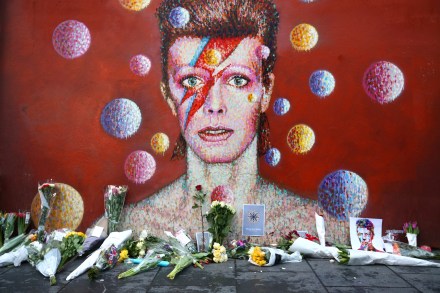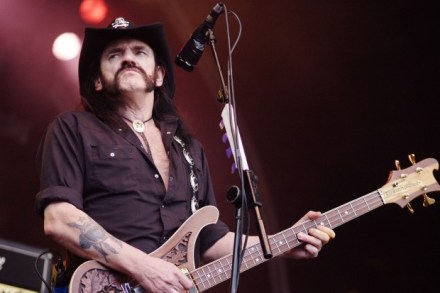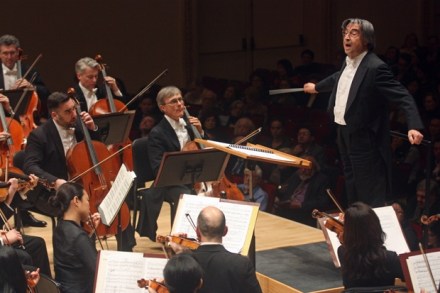Age concern | 21 January 2016
Daniel Barenboim back at the Festival Hall! Cue The Grand March of the Musical Luvvies Across Hungerford Bridge, a bustling overture by Karl Jenkins in which a trombone farts out the epigrams of Simon Callow and the violas mimic the gentle swing of David Mellor’s shoulder-length bob — modelled, I’m told, on Anna Ford’s barnet c.1982. Jolly fine it looked, too, on Sunday night. Barenboim doesn’t have much hair these days, but baldness suits him. Sixty years after his RFH debut, as a 13-year-old playing Mozart under Joseph Krips, he has the same baby-pink skin as Winston Churchill in old age. He also shares Churchill’s belief in his own indestructibility.




















